Did you know that all pets, including indoor dogs and cats, are at risk of infection? Even if your pet spends most of their time indoors, they still require vaccinations to protect against severe illness or disease. Viruses are most often spread through direct contact with another infected animal, however, a pet’s environment may expose them to a range of viruses as well. Luckily, Day Heights Veterinary Clinic can administer the necessary dog or cat vaccinations to protect your pet from viruses common to the Clermont County area.
Contact Day Heights Veterinary Clinic today to schedule your pet’s immunization appointment!
Why Should I Vaccinate My Pet?
Many diseases or viral infections can wreak serious havoc on your pet’s health and well-being. Many of these diseases can even be deadly if prompt treatment is not provided. In addition, certain illnesses can be passed along to your human family. The most effective and affordable treatment is prevention, which is why we recommend having your companion vaccinated each year to ensure proper protection for your entire family.
Vaccines We Offer
The vaccinations our animal hospital offers are specific to each species. Your veterinarian can provide recommendations as to which vaccines your pet should receive according to your pet’s lifestyle and vaccination history.
We offer the following vaccinations:

Dog Vaccinations:
DHPP
This vaccine protects against a variety of diseases including canine distemper, adenovirus, and parvovirus. We recommend dogs receive the DHPP vaccine as a part of their puppy vaccines at six to eight weeks of age. We will administer this vaccine every three to four weeks until your pet is 16 weeks old. After the last puppy vaccine is given, we will administer a booster vaccine one year later and then once every three years after that.
Bordetella
Otherwise known as kennel cough, this illness easily spreads among pets and mainly affects your dog’s respiratory system. We will provide this vaccine during your puppy’s first visit with us and then each year after that.
Leptospirosis
Lepto is a bacterial disease that causes liver and kidney damage in dogs as well as humans. Infection occurs through contact with lepto-infested water, soil, or urine. Leptospirosis can be fatal if prompt treatment isn’t provided, which is why we recommend pets receive this dog vaccination every year.
Rabies
All domesticated dogs are required to receive the rabies shot by law. The initial dose is administered during their puppy vaccines around 16 weeks old. The rabies virus affects the brain and spinal cord of dogs and humans, and therefore can be deadly. Three years after the initial shot, a booster is provided, and then your pet should receive this vaccine once every three years.
Influenza
Canine influenza is an optional vaccination which can be recommended by your veterinarian. This vaccine will reduce the risk of your dog catching canine influenza and the severity of infection as well. If your dog goes to dog parks, grooming salons, or stays in boarding facilities, they may be exposed to canine influenza.
Lyme
This tick-borne disease is most effectively prevented through parasite prevention in addition to vaccination. Your dog can receive their initial vaccine between 10 to 16 weeks old and a second dose two to three weeks later. To ensure maximum protection, a booster shot can be administered once a year.
Cat Vaccinations:
Rabies
The rabies shot is required for cats in Clermont County aged 12 weeks and older. This potentially fatal virus affects the brain and spinal cord of cats and humans, which means prevention is vital to protecting your pet and your family’s health. After this vaccine is administered during their kitten vaccines, you can choose to have your pet vaccinated once a year or once every three years. To keep your cat safe and provide premium protection, we will administer the Purevax® form of this vaccine.
FVRCP
This cat vaccination protects against various diseases such as feline viral rhinotracheitis, calici virus and panleukopenia. These diseases are easily spread among cats and can devastate their respiratory and gastrointestinal systems. Cats receive FVRCP when they are six weeks old and every three weeks until they are 16 weeks old. An additional dose is given one year after that, and then we recommend cats receive a booster every three years.
FELV
Feline leukemia virus attacks your cat’s immune system and develops into various cancerous conditions. However, symptoms may not appear until your cat has become contagious and spread the disease to other cats in the home. We recommend our feline patients receive this shot with their kitten vaccines at nine weeks old. After a second round of vaccinations is given, a booster shot should be administered once a year.



